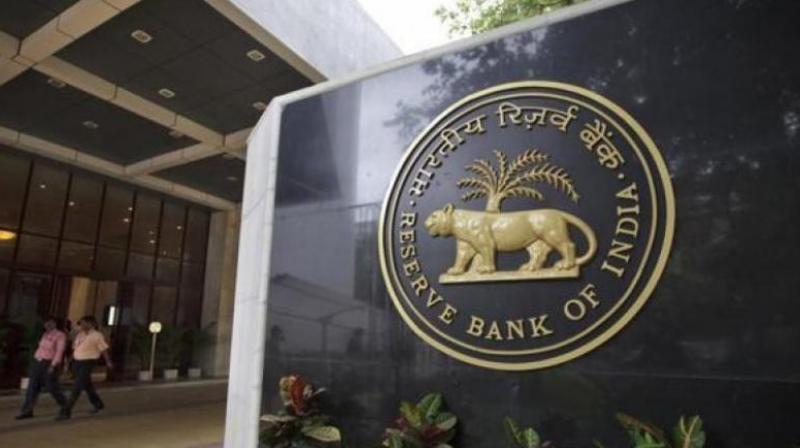NPA maze: Govt for scrapping of one-day default norm
Govt as well as banks feel one-day delay norm could harm businesses and lead to making loans below Rs 2,000 cr.

New Delhi: The finance ministry is said to have suggested the Reserve Bank of India (RBI) to scrap the one-day delay norms in its stressed asset resolution framework. Under the present norm, failure in loan repayment by even for a day beyond the 90-day period makes the loan an NPA.
The lenders want the central government to make the banking regulator remove it. Banks also want several other relaxations like continuation of some of the earlier scheme – S4A, JLF and SDR.
According to officials, the government as well as banks feel the one-day delay norm could harm businesses and lead to making loans below Rs 2,000 crore straightaway NPAs and in turn force banks to raise provisioning.
The finance ministry has informed RBI that banks are apprehensive of serious liquidity and NPA issues if the norm is implemented.
But RBI is likely to stick to its NPA resolution and related mechanism and the finance ministry may not like to meddle with the regulator beyond making suggestions.
Senior bankers feel if the ministry fails to go beyond the brief then it could be status quo for lenders. Banks chiefs recently met a parliamentary panel to seek easing of the new NPA framework.
According to RBI norms, if the principal or interest is overdue for one day beyond 30 days, the account is identified as special mention account-0 (SMA-0). If it is overdue for 30-60 days, it comes under the SMA-1 category. If it gets overdue for more than 60 days, till 90 days, it falls under the SMA-2 category.
If a loan is not repaid for more than 90 days, it is classified as non-performing asset (NPA). RBI has also stressed that if the resolution plan was not implemented within 180 days, bankruptcy process should be initiated. Banks have to make 50 per cent provision for accounts that are referred to the NCLT for insolvency proceedings. And if an account of (to start with) Rs 2,000 crore and above, fails to service its loans within 91 days, it would be considered a ‘default’ and a resolution plan will have to be readied.
Lenders, said a senior bank official, are going through a tough time. While banks need to be earnest and tough on NPA detection and resolution, the stringent one-day delay norm would be difficult to maintain as it would lead to formation of NPAs each day, the banker felt.
Banks are already under pressure to meet social objectives like financial inclusion, farm loans at lower rates, maintaining scores of zero balance deposits which also only add to costs without any remuneration, the official said. If due to the new norm banks come under strain to raise provisioning for potential NPAs, then the capital-starved lenders would be left with almost nothing to lend and invest, which would severely affect growth, and more banks would come under the Preventive Corrective Action (PCA) of RBI leading to further restrictions.
The central bank sources said the default norms are well defined. So how one-day norm after 90 days would result in more NPAs, he asked and added it would rather lower NPAs by identifying them early.
Defending withdrawal of schemes like SDRs, CDRs, JLFs and S4A, which gave banks a window in postponing their acknowledgment of defaults that later turned loans into NPAs, they said it was a right step in right direction.
Going by the new framework for resolution of stressed accounts, the fate of a defaulting entity will be sealed within 465 days. If lenders are not able to work out a solution to revive a company within 180 days, the account must be referred to the National Company Law Tribunal (NCLT) and the case would be decided under the Insolvency and Bankruptcy Code (IBC).
Banks have sought change in the norm about requisite majority required to approve any resolution plan to 75 per cent from 100 per cent and once there is a change in the promoter of the firm, banks should be able to reverse the excess provisions.

